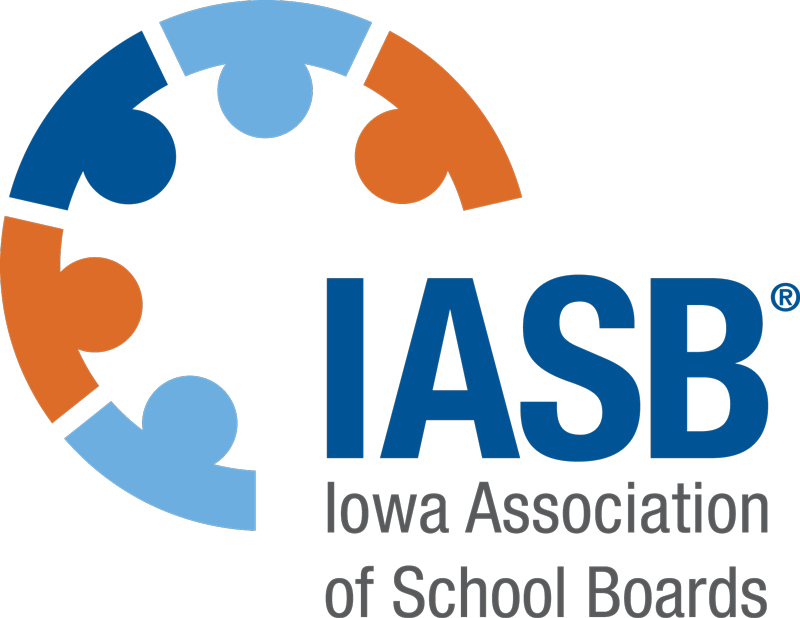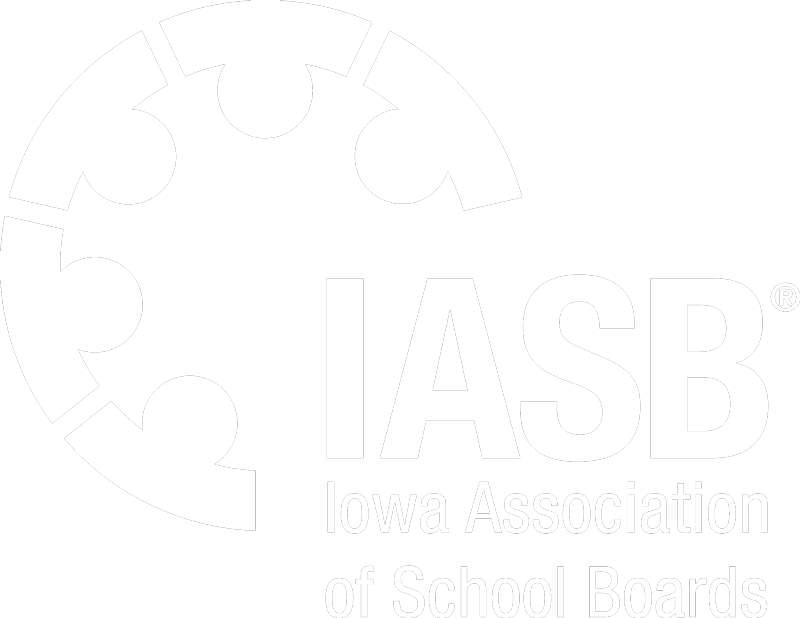Literacy
We believe that literacy is the building block for student achievement and student success. We call for improvements in state policy to provide support for preschool, English-learners, literacy tutoring, and professional development for early literacy strategies.
Pro-Tip: Talking points are an explanation of the problem and the broad public policy that could be the solution. Talking points can be expanded upon by using your district's stories and data.
Legislative asks are the specific policy proposals we think the legislature should enact to make progress toward solving an issue.
Preschool
High-quality preschool is an investment in Iowa’s future. Ensuring all districts can provide full-day educational programming and additional services, like wraparound care and transportation, establishes a solid foundation for students and contributes to their future success.
Legislative Ask: Increased weighting for Statewide Voluntary Preschool Program funding, which benefits students living at or below 185% of the federal poverty level. Preschool benefits those students most in need.
Early Literacy
Literacy by the end of third grade is the essential building block for future student achievement and success. By supporting programs that help struggling readers get back on track and providing professional development on intervention strategies for early literacy, we can ensure students successfully transition from “learning to read” to “reading to learn.”
Legislative Ask:
Provide funding and resources for tutors and programming to ensure struggling students can read at grade level by the end of third grade.
Provide support for professional development to help teachers implement early literacy intervention strategies.
English Learners
English language proficiency is essential as students learn and enter the workforce. Dedicated programming and teachers are key when students are mastering a new language and should be provided until students reach English proficiency.
Legislative Ask: Provide sufficient supplemental weighting for English learners until those students reach proficiency because programming and teachers dedicated to helping students master a new language aren’t provided in a general education environment.
Resources
Des Moines Public Schools GOLD Observational Assessment Outcomes: This chart shows the percentage of students enrolled in full-day preschool who met educational expectations by the end of the school year. Note, students with disabilities are not currently served in these classrooms.
Preschool Fact Sheet: Timely facts and figures to help you make the argument for the importance of preschool for all 4 year olds.
Statewide Voluntary Preschool Program Fact Sheet: This fact sheet from the Iowa Department of Education provides all the information you need about preschool in Iowa for four-year-old children.
Fiscal Impact: Legislators often ask about the cost of our preschool funding initiative. IASB has an estimate for the first year of full-funding for low income students, based on a survey of our member districts who said they will be able to provide full day preschool next school year.
PCM Community School District Preschool Data: Reading and math benchmark data for PCM kindergarteners who attended full-day preschool versus those who did not participate in a preschool/pre-k program.
Preschool Around the Country Fact Sheet: Facts regarding preschool funding, requirements and transportation for other other states across the country.
Achievement Data from Des Moines Public Schools: Des Moines has tracked the achievement of students who attend a DMPS preschool compared those who did not attend preschool. The results show how beneficial preschool is for future reading scores, especially for students in poverty.
Free and Reduced Price Lunch Eligibility by School District: This map shows the percentage of students eligible for free and reduced price lunch in districts across the state. It highlights that poverty is prevalent in all areas of Iowa, not just the urban centers, and fully funded preschool for students at or below 185% of the poverty level would be beneficial in all districts. This goal can be accomplished by an initial investment of just $27 million.
English Learners Fact Sheet: Facts and figures on English learners in Iowa and the importance of providing programming and support to these students as they strive for English proficiency.
English Learners by School District: This map shows the percentage of English learners, classified as "Limited English Proficient," in each district. School districts across Iowa are welcoming new students and providing programming to ensure all students reach English proficiency. Click here for district specific information.
Preschool Capacity Survey Analysis—IASB is working in a coalition with SAI, the Iowa Association of Christian Schools and the Iowa Catholic Conference to increase funding for the Statewide Voluntary Preschool Program. This is an analysis of the data and information collected from school districts regarding preschool capacity.
15.3.2025.8

